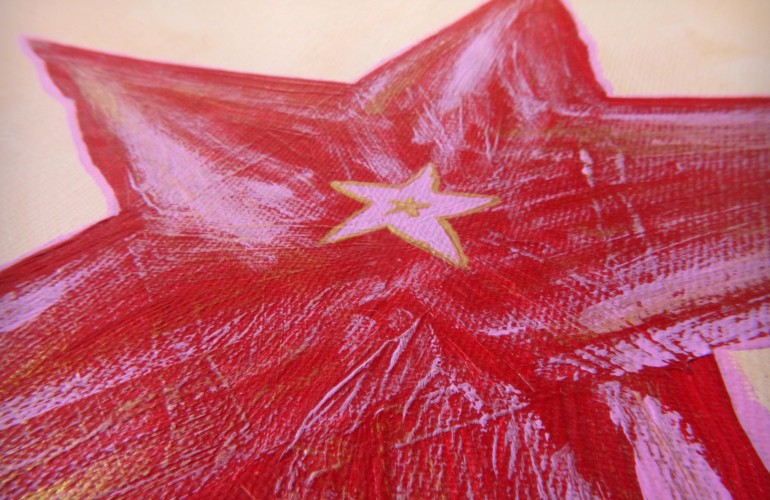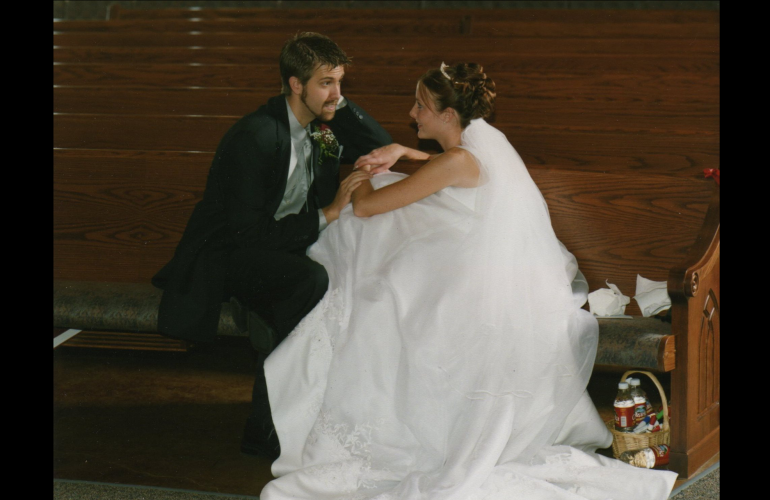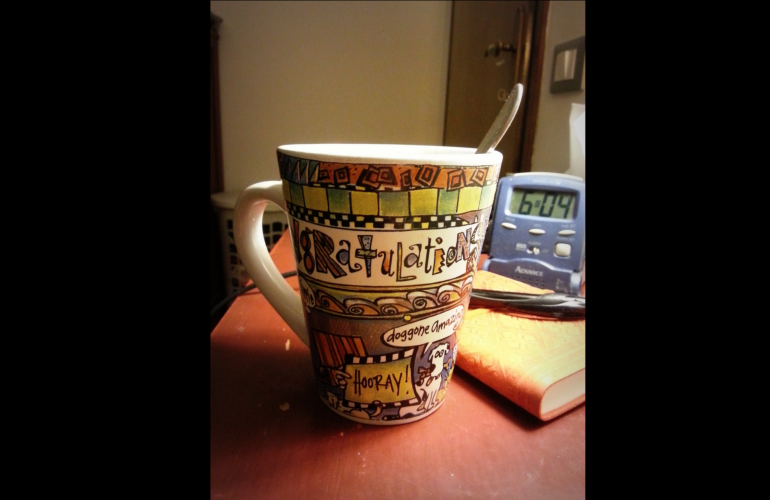I don’t often write directly about the whole residing-in-Italy aspect of our lives. I’m not sure exactly why this is, but my best guess is that Italy has woven itself so thoroughly into the fabric of our days that I forget to single it out. This isn’t the same as being tired of the place. On the contrary, I love our weird little Italian life more every year. I still run into an invisible wall of wonder every time we walk downtown; the old stone palaces and fountains and archways stop my feet until my eyes can catch up with them. It’s also a special kind of delight to experience the language and culture as friends rather than obstacles. When we moved here nearly seven years ago, my only real point of connection was the food. Now, I’m taken with the local idioms, the Mediterranean rhythms, the way our Italian friends can spin conversation from straw, the geography of this country, its richly layered history, and the wealth of bilingual jokes now at my disposal.
This is in no way a deep post, but I wanted to share a little of why Italy charms my socks off. The following are all recent news stories that have been simultaneously cracking me up and warming my heart. Enjoy!
1. Sister Cristina Scuccia belts out Alicia Keys on The Voice of Italy and snags rapper J-Ax for her vocal coach.
(English subtitles can be turned on at bottom right.)
Everything about this story is my favorite—Sister Cristina’s jubilant performance, the cheers of her fellow nuns backstage, and J-Ax’s emotional connection to the whole thing. If you’re not familiar with J-Ax (and unless you’re into Italian rap or married to someone who is—ahem—you probably aren’t), he’s a gritty and hilariously irreverent performer whose hit titles include “Ohi Maria” (a love song to marijuana), “L’Italiano Medio” (a play on words referring to his middle finger), and “Voglio Una Lurida” (a tribute to dirty girls that involves the line, “I want to intimately caress her hair… On her arms, I meant!”). Ergo, he’s not the kind of guy I would ever have imagined tearing up over a nun’s performance, much less teaming up with her as her vocal coach. Just… awesome.
2. Roman mobster Enrico Terribile breaks house arrest 30 minutes early for… what else? Pizza!
First things first: Is Enrico Terribile not the most fantastic mobster name ever? True to his moniker, Terribile helped terrorize Rome as part of the Magliana gang in the ‘70s and ‘80s, and I probably shouldn’t find this news story as delightful as I do. But going back to prison because his passion for pizza wouldn’t let him wait a single half-hour longer? That just slays me. (In another recent story, a man in Livorno broke house arrest on purpose so he could go to prison and thus escape his wife. Maybe not as good a reason as pizza but still highly entertaining.)
3. A team of amateur Sicilian scientists launches cannoli into space. Because… Why ever not?
(The best parts start at 2:30 and 6:03, if you don’t want to watch the whole thing.)
Bonus: The whole mission only cost €350. NASA, eat your heart out.
4. Italian dictionaries have recently expanded to include the following super-awesome verbs:
- Bloggare
- Bookmarkare
- Googlare
- Sharare
- Twittare
- Upgradare
(Source)
Now tell me that doesn’t make your day at least a few percentage points better. It’s upgradando mine!
—
P.S. – Two of my favorite posts so far about our expat experience: No Morale of the Story and Moving Home… On Purpose.









